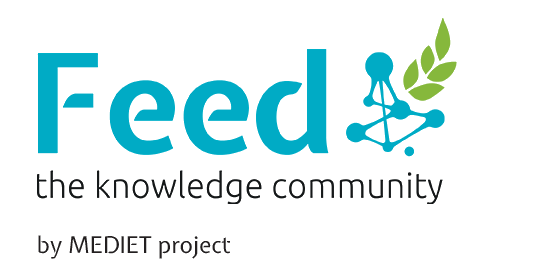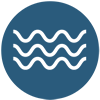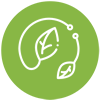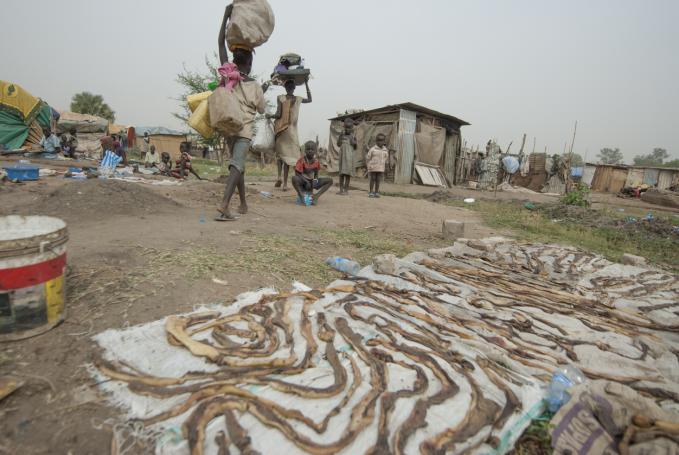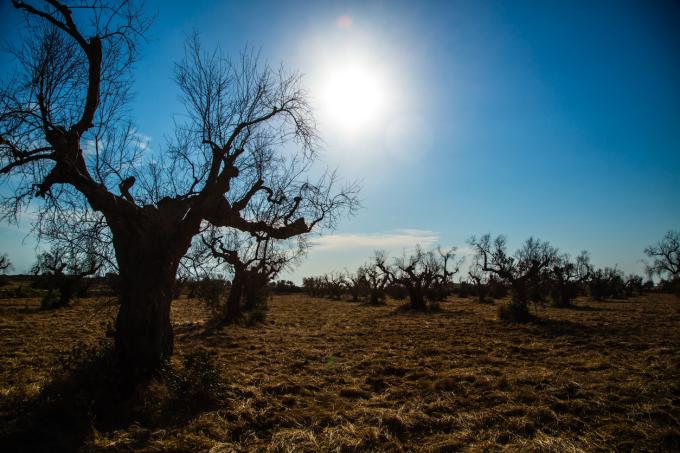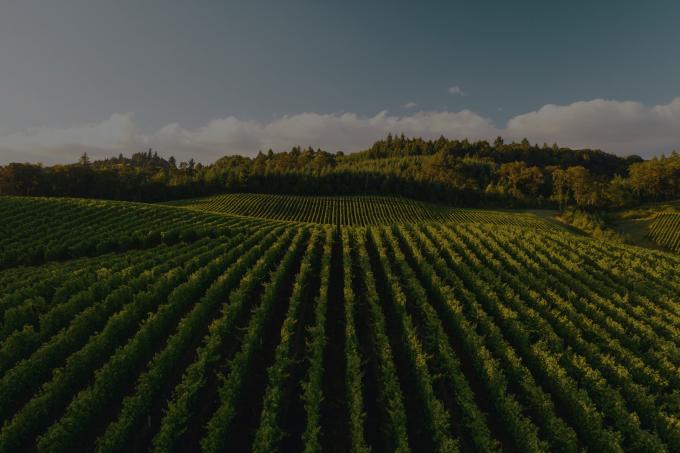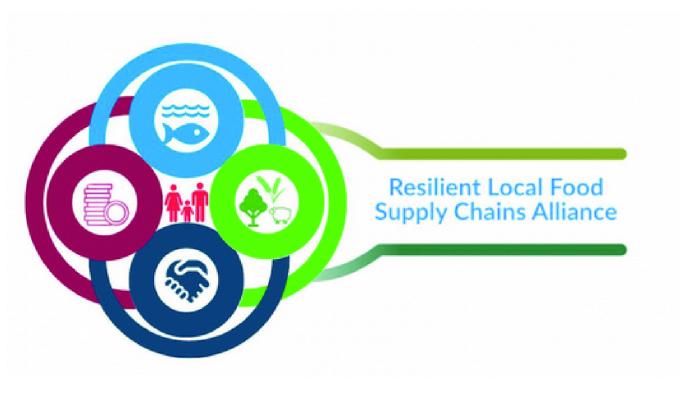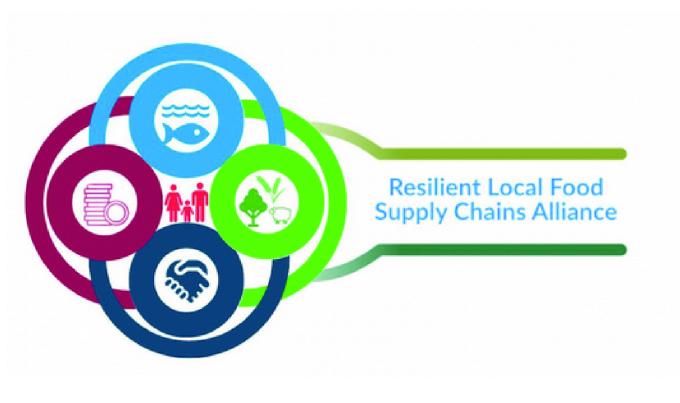Period
2023 - 2023
The urgent issue of marine litter in the Mediterranean propelled the establishment of a network among coastal communities. With 14 communities in the Mediterranean, this practice fosters collaboration, information exchange, and strategy development. Through participatory meetings and a dedicated platform, stakeholders share knowledge, identify solutions, and develop strategies for effective litter management, such as “Cleaning Al Rashidiyeh beach due to the oil spill” in Lebanon, "Archeoplastica – The Museum of Ancient Stranded Waste " in Italy and “Schools’ awareness days on recycling” in Tunisia etc. This collaborative effort involves local authorities, universities, NGOs, fishermen, schools, and citizens.
You must be registered to see all the content
Identification needs
229,000 tonnes of plastic are dumped into the Mediterranean every year, adding to the 1,178,000 tonnes of plastic already there. Unlike the oceans, the Mare Nostrum brings a good percentage of the floating litter back to our shores in a short space of time. Marine litter is one of the greatest challenges facing our society, and without appropriate responses, the amount of plastic in the world's oceans will exceed that of fish by 2050.The problem of marine litter has multiple health, economic and environmental impacts. However, only a small proportion of marine litter is directly generated and abandoned by coastal areas, whereas 80% originates inland. However, coastal communities, who are only partially responsible for the issue, are facing a growing emergency. It is therefore necessary to organise information between these communities in order to improve the management of marine litter and combat its overuse and dumping.
Stakeholder change
4 communities in Apulia: Tricase, Taranto, Porto Cesareo and Castro. 6 communities in Tuscany: Castiglione della Pescaia, Follonica, Isola del Giglio, Grosseto, Monte Argentario, Orbetello and Scarlino. 4 communities in Tunisia: Akouda, Mahdia, Monastir and Sayada. The network is being implemented and plans to involve a total of 30 coastal cities by the end of the COMMON project (03/03/2023).
Change triggered
Within the framework of the COMMON project (COastal Management and MOnitoring Network for tackling Marine Litter in the Mediterranean Sea), a network has been established to compare coastal communities with the aim of connecting and fostering exchange between the territories affected by the issue. This connection enables the sharing of problems, identification of practical solutions, and development of strategies for combating pollution and managing marine litter effectively. A platform for coastal communities has been created to facilitate discussion, listening, and sharing with the involvement of experts, associations, local governments, schools, and citizens.
Short description
The network was established via meetings targeting various stakeholders, including local authorities, universities, ecological associations, fishermen, divers, sea turtle rescue centres, schools, and tour operators. These participatory meetings aimed to exchange and collate information on effective methods for managing the emergency of marine litter dispersal and coastal community management, and were both informative and confrontational in nature. Thanks to collaboration among national and international technical experts, as well as participation from local governments and associations, a platform has been established for collecting and sharing good practices from COMMON project countries and for replicating them within each country's own territory. Furthermore, the platform offers an opportunity for stakeholders to engage in discussions and develop common paths of collaboration to mitigate the impact of marine litter.
